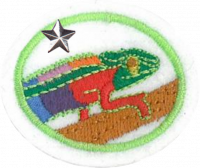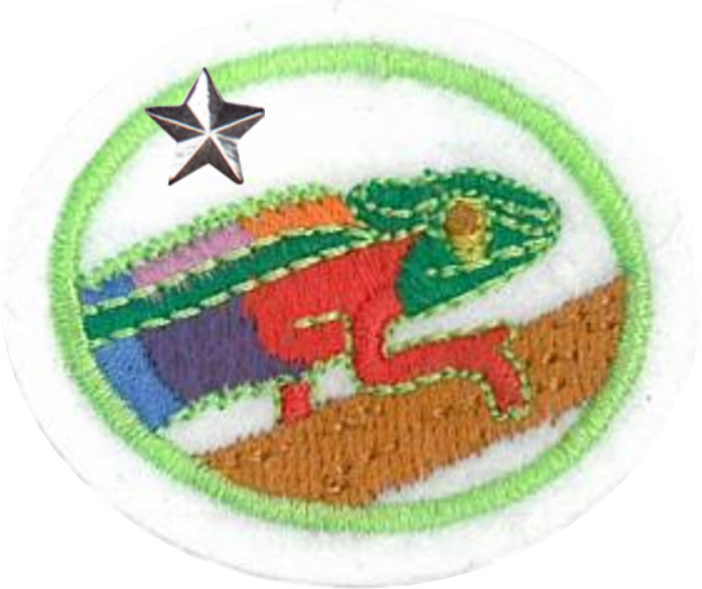Difference between revisions of "AY Honors/Animal Camouflage - Advanced/Answer Key/es"
(Created page with "{{clear}}") |
(Created page with "<noinclude>") |
||
| Line 67: | Line 67: | ||
{{clear}} | {{clear}} | ||
| − | + | {{clear}} | |
| − | |||
| − | |||
| − | + | {{clear}} | |
| − | |||
| − | |||
| − | + | <noinclude></noinclude> | |
| − | <noinclude | ||
| − | |||
{{ansreq|page={{#titleparts:{{PAGENAME}}|2|1}}|num=3a}} <!--T:30--> | {{ansreq|page={{#titleparts:{{PAGENAME}}|2|1}}|num=3a}} <!--T:30--> | ||
| − | <noinclude> | + | <noinclude></noinclude> |
| − | </noinclude | ||
| − | |||
| − | |||
| − | + | <noinclude></noinclude> | |
| − | <noinclude | ||
| − | |||
{{CloseReq}} <!-- 3a --> | {{CloseReq}} <!-- 3a --> | ||
{{ansreq|page={{#titleparts:{{PAGENAME}}|2|1}}|num=3b}} <!--T:31--> | {{ansreq|page={{#titleparts:{{PAGENAME}}|2|1}}|num=3b}} <!--T:31--> | ||
| − | <noinclude> | + | <noinclude></noinclude> |
| − | </noinclude | ||
| − | |||
| − | |||
<div lang="en" dir="ltr" class="mw-content-ltr"> | <div lang="en" dir="ltr" class="mw-content-ltr"> | ||
Revision as of 06:45, 4 April 2021
Nivel de destreza
2
Año
2015
Version
06.02.2026
Autoridad de aprobación
División Norteamericana
1
Para consejos e instrucciones, véase Camuflaje animal.
2
3
There a few different recognized types of visual animal camouflage:
3a
3b
3c
A number of animals use Concealing Coloring in the Arctic to blend in, these include the snowy owl, arctic fox, snowshoe hare and others. Some of these use seasonal variation as well.
3d
Disruptive coloration is used by tigers and some deer etc to blend into the forest. The potoo bird uses disruptive coloration and a specific method of perching on branches and stumps that makes it blend in.
Walking sticks and leaf insects use disguise to look like vegetation.
3e
Penguins use Above/below countershading when fishing. From above they are dark, like the water, but from below they look light like the sky
Gulls also blend with the light sky from below but with darker water when viewed from above.


4
4a
4b
4c
4d
4e
4f
There are too many possible answers for us to supply. See examples in Requirement #3 and [here]. Happy picking.
5
5a
- i. Hacer una lista de cada animal.
- ii. Hacer una lista de qué tipo de camuflaje usa.
- iii. Hacer una lista del entorno/hábitat donde habitan en la naturaleza.
- iv. Usando un diagrama de Venn o su equivalente, comparar y contrastar tres de los animales con atención específica a su uso de camuflaje.
| Tip for earning from home during the pandemic | |
| Requirement 5a can be done with virtual zoo visits. Many zoos have webcams and virtual tours available. |
5b
- i. Decir qué tipo de camuflaje usa.
- ii. Decir en qué entorno/hábitat habita en la naturaleza.
- iii. Usando un diagrama de Venn o su equivalente, comparar y contrastar su uso del camuflaje con un animal similar que no usa al camuflaje.
- iv. Describir qué papel hizo en su cuidado y si alguna vez usó su camuflaje animal para esconderse.
The answers for this requirement are very dependant on what animal you choose. Snakes, reptiles, fish and birds are likely candidates for completing the honor. You might be able to cover the practical requirements for an honor like Bird Pets, Fishes, Reptiles or Small Mammal Pets at the same time.
5c
- i. Hacer una lista de cada animal.
- ii. Hacer una lista de qué tipo de camuflaje usa.
- iii. Hacer una lista del entorno/hábitat donde habitan en la naturaleza.
- iv. Usando un diagrama de Venn o su equivalente, comparar y contrastar tres de los animales con atención específica a su uso de camuflaje.
A "docent" is a person who acts as a guide, typically on a voluntary basis, in a park, museum, art gallery, or zoo. Interpretive media could be pamphlets, videos, signs, or an audio tour. In other words, don't just wander around, use the resources available to you at the park or protected area to learn whatever you can.
A Venn diagram is a set of overlapping circles (or other shapes) used to define sets.
6





